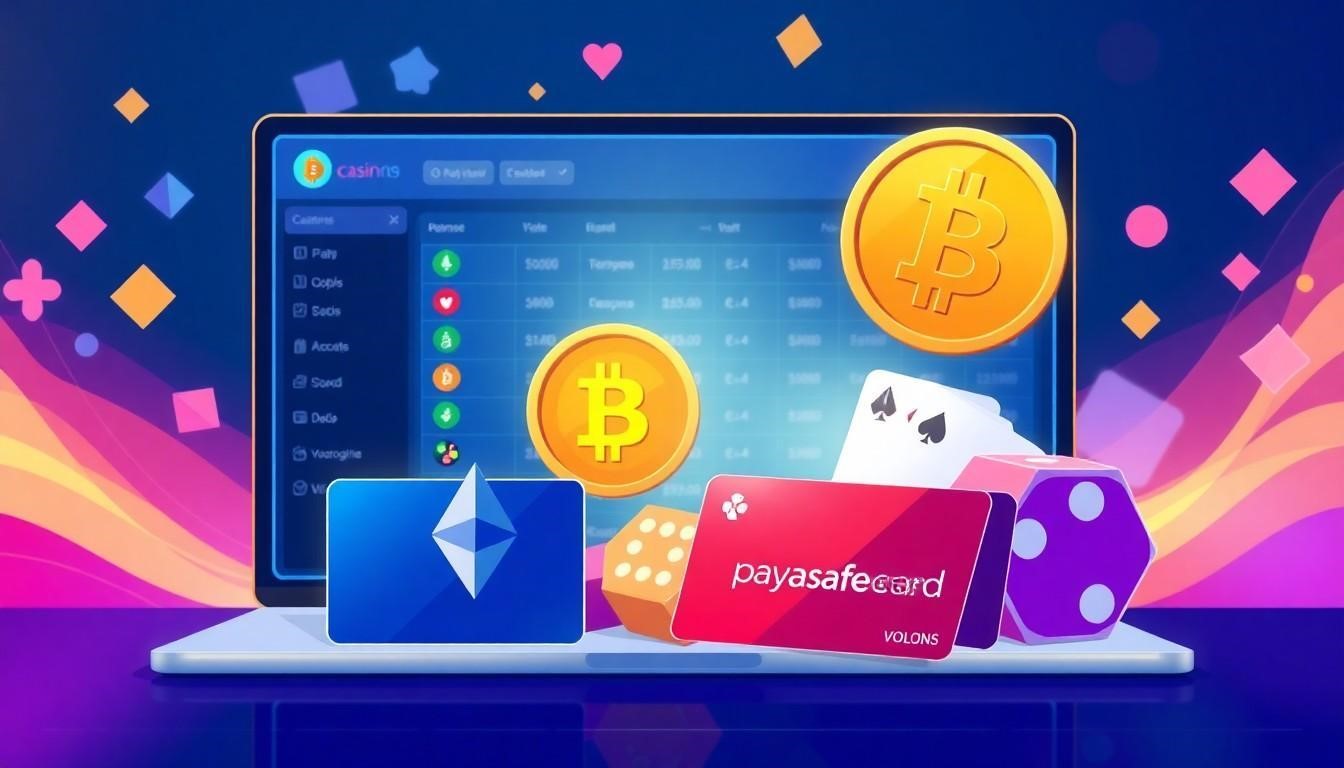The world of cryptocurrencies promises financial freedom and new opportunities, but it also attracts fraudsters. With the development of blockchain technology and the growing popularity of digital assets, fraud in the cryptocurrency sphere is becoming more and more sophisticated. To avoid losses, it is important to understand the main risks and take steps to minimize them.
Be wary of phishing
Phishing is an attempt by fraudsters to trick users into revealing their personal information such as passwords, access keys, or private keys. Usually phishing attacks occur through fake websites or emails that look like official services. To avoid phishing, always check the URL of the site and don’t click on questionable links. Also, never share your private keys or passwords with anyone.
Use two-factor authentication (2FA)
Two-factor authentication (2FA) adds an extra layer of security to your account by requiring not only a password, but also an additional code that is generated on your mobile device. This greatly reduces the risk of your account being hacked, even if you lose your password.
Beware of “too good to be true” offers
Scammers often offer incredibly lucrative investment opportunities or schemes that promise quick and high returns. Such offers are usually traps. Always do your own research before investing to make sure the project is legitimate. No scheme should promise guaranteed returns.
Only work with trusted platforms
Before you register on an exchange or choose a service to store cryptocurrency, make sure it is reliable. Use only those platforms that have a good reputation and positive user reviews. It is also important to make sure that the platform has a license and adheres to security standards.
Use cold wallets to store large amounts of money
Cold wallets, such as hardware wallets (like Ledger or Trezor), offer the highest level of security because they are not connected to the internet. This makes them more protected from hacker attacks and phishing schemes. If you store large amounts of cryptocurrency, be sure to use a hardware wallet for long-term storage.
Verify addresses when making transfers
Scammers can spoof the recipient’s address during the transaction process. This is called a “man-in-the-middle” attack. Always make sure the recipient’s address is correct, especially if you are transferring large amounts. Some wallets allow you to save addresses for automatic verification, which can reduce the risk of errors.
Be aware of ICOs and new projects
The process of initial coin offerings (ICOs) can be an easy way for scammers to raise money. Before investing in a new project, scrutinize its white paper, development team, and other factors. Suspicious projects often lack clear information or offer overly tempting terms.
Don’t share private keys
A private key is the key to access your funds. If someone asks you for your private key, it’s clearly a scam. Never share it, even with those who claim to represent official organizations.
Training and Awareness
Regularly raising your awareness about cryptocurrencies and security measures is key to protecting yourself from scammers. Read the news, research different types of scams, and stay up to date with the latest defense methods.
Conclusion
While cryptocurrencies offer many benefits, they also come with certain risks. To avoid getting scammed, it’s important to stay vigilant, apply modern protection methods such as two-factor authentication and the use of cold wallets, and thoroughly vet any offers you come across. With caution and a smart approach, cryptocurrencies can become a safe and profitable tool for investment and financial transactions.










